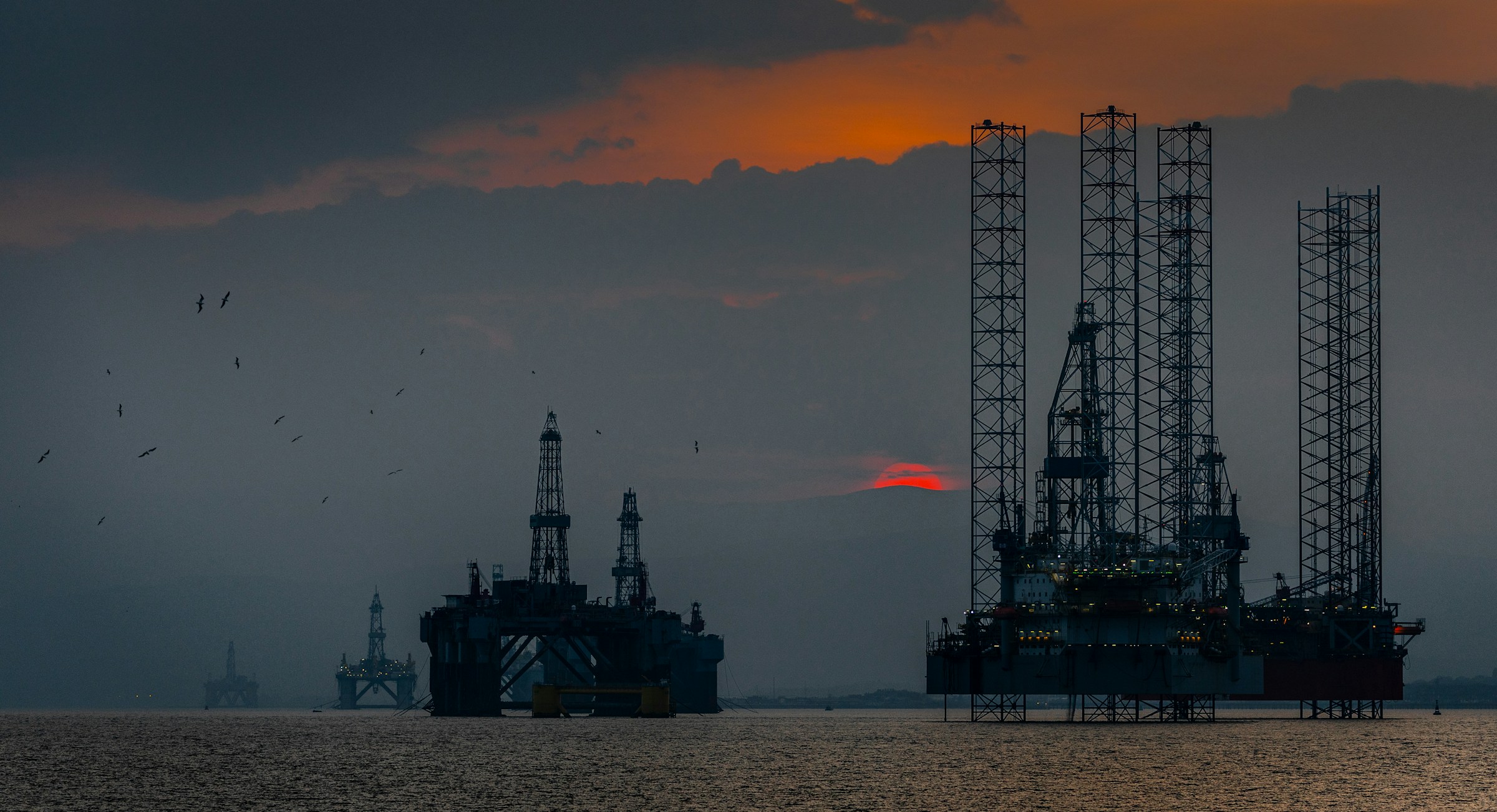Oil markets are once again moving in response to political posture—not just inventory reports or refinery margins. Brent crude has nudged above $85 per barrel and WTI is nearing $82, as investors factor in two overlapping developments: Donald Trump’s increasingly assertive stance on Russia and his renewed threat to impose sweeping tariffs if reelected in November.
For traders and macro allocators, this moment echoes the volatility of Trump’s first term—but with more mature fragility baked into global systems. This isn’t simply about oil supply tightening. It’s a broader signal about how geopolitical alignment and trade policy speculation are beginning to reshape investor behavior and capital allocation across asset classes.
What unsettled markets was not an explicit policy announcement, but a tonal shift. After years of maintaining a conciliatory public position on Moscow, Trump recently suggested a willingness to impose “consequences” on Russia should it escalate military pressure in Europe or defy NATO-aligned interests. This pivot, even if rhetorically driven, has altered perception among traders who previously assumed Trump’s re-election would mean a de-escalation in Russia-related sanctions risk.
Why does this matter for oil? Because Russian oil production and export flows—particularly to Asia—have acted as a stabilizing force amid OPEC+ coordination. If Trump moves to enforce tougher restrictions, whether formally through sanctions or informally through pressure on allies, it could dislocate key supply routes or raise compliance friction in oil shipping and financing.
The market isn’t waiting to see if policy follows speech. It’s already embedding the risk premium.
Layered atop the Russia question is Trump’s revived tariff agenda. In recent speeches, he has hinted at reimposing across-the-board import tariffs, including a baseline 10% levy on all goods. This echoes his 2018–2019 trade war posture, which rattled global equity and commodity markets and led to several quarters of redirected supply chains and retaliatory measures.
For oil, tariffs matter less in a direct sense—most crude flows are not subject to high duties—but the broader implications for global trade, FX markets, and industrial activity are significant. The last round of US-China tariffs contributed to a temporary demand slowdown in petrochemicals and distillates. If global trade slows again under renewed protectionism, refinery throughput and cargo flows could suffer.
At the same time, however, tariffs signal domestic inflation risk and dollar protectionism—both of which can lift nominal oil prices even amid softer real demand.
What’s visible in the market response is not panic—but repricing. This week’s oil gains align with increased positioning in gold, a flattening US yield curve, and modest dollar strength. Together, these suggest investors are recalibrating their geopolitical exposure and trade risk assumptions, not simply reacting to inventory draws or refinery runs.
Energy equities have followed crude higher, especially integrated majors with US upstream operations. However, transportation-linked plays, such as tanker firms and trans-Pacific logistics, have shown more caution—likely reflecting tariff and Russia-route sensitivity.
More notably, capital is flowing back into dollar cash equivalents, a classic sign of perceived policy volatility. That does not reflect US stability per se—but dollar liquidity’s unmatched role as a hedging tool.
Sovereign wealth funds and reserve managers, especially in Asia and the Gulf, are watching closely. The Trump-era playbook conditioned allocators to expect sudden tariff moves, sanctions escalations, and FX volatility. A return to that regime—whether partial or full—could trigger preemptive reallocation away from US-exposed manufacturing equities and toward energy and FX-stable assets.
For example, central banks in Singapore, South Korea, and Malaysia may be less inclined to hold or grow unhedged dollar positions if they anticipate trade policy shocks. Meanwhile, Gulf-based funds such as ADIA or QIA, long over-indexed on Western industrials, may pivot earlier to cyclical commodity assets with geopolitical insulation.
Such moves don’t make headlines. But they shape liquidity and long-term market pricing more than trader sentiment.
The rise in oil prices this week isn’t solely about crude itself. It’s about a subtle—but mounting—shift in how markets are reading geopolitical continuity and trade orthodoxy. Investors aren’t merely betting on summer driving demand or OPEC’s next move. They’re trying to price in a possible return to erratic economic nationalism and fracturing multilateral norms.
Trump’s policy stance on Russia and tariffs may still be in campaign-mode flux. But capital doesn’t wait for confirmation. It prepares for probabilities. The energy market is simply where that preparation shows up first.















